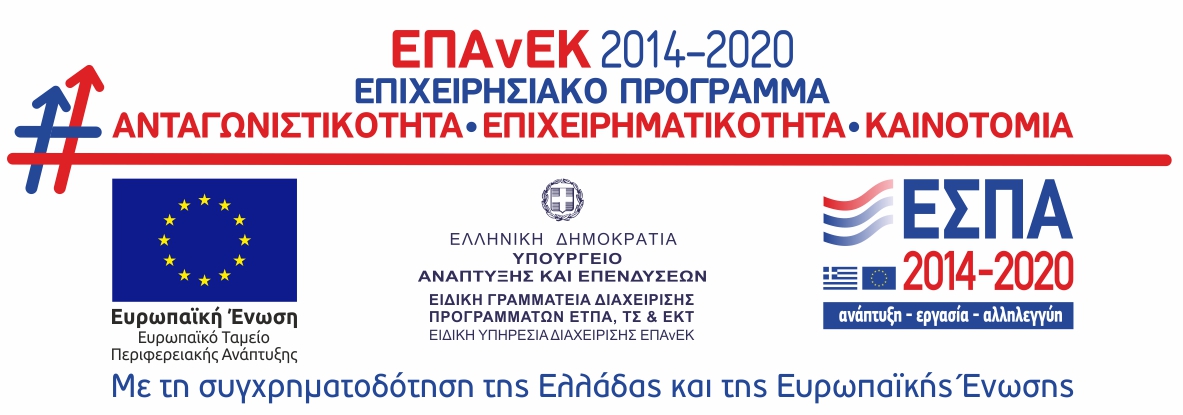QUESTION: I've been thinking that I depend a lot on working through course material (the coursebook primarily and its components as well). Often times on the first day of class not all teenage learners have their books with them. I usually plan to use many of the 'Getting to Know You' activities that I have learned from your seminars. Any other ideas?
ANSWER: Many coursebooks provide teachers and learners with 'Goal Setting' activities to be done at the start of the school year. Whether your coursebook provides them or not, they are a must for the first days of class! We'd like to note here that one of the most significant practices which have been introduced over the last 25 years into sound foreign language instruction has been 'guided' goal setting. Language teachers allow reflection time and provide guidance and encouragement for learners to set their short and long term goals, so as to enhance the learners' motivation, involvement, autonomy and overall self esteem.
Here are two first-days-of-class, goal-setting activities for B1+ learners:
1. Our Class Goals
Whether all learners have their books or not, you can photocopy the Map (Table of Contents) of their required coursebook, distribute the copies to learners and ask the learners to read through the 'goals' or learning objectives set by the coursebook writers. Most maps are formed in a multiple-syllabi layout (in columns or rows, by module, unit and/or lesson). Poring over the coursebook map, will help all learners' confidence in using the coursebook as the important 'tool' it is meant to be during the entire school year. Ask them scanning questions, such as, "Which reading skill will we practice in Unit 5?" Circulate and guide them to access this information by finding Unit 5 and then the column/row which lists Reading Objectives. Another idea is to ask them to read the Vocabulary categories listed and to choose which they find the most useful/interesting. Once all learners have their books, walk them through the learning-to-learn features (often found at the back) like Grammar Review, Word lists, English/English dictionary, etc. Encourage them to make use of these resources on their own, especially when they ask you a question which they can be challenged to find the answer to themselves!
2. My Focus on...
The class search through the Map of the Coursebook, requiring learners to consider the skills and elements of language, will lead you all to the next type of goal setting. Here you can begin, in a positive vein, by asking the individuals in class to think about those language skills which are their strongest: listening, speaking, reading, writing? recalling vocabulary items?
Ask them to draw a box on their papers and write their strong points inside of it. You can ask them to share this information with their partners, by showing what they've written in the box and discussing it.
Next, suggest that they reflect on which areas of English they need to improve the most. Here, they can write 3-4 aspects of using English which they would like to get better at: using new, expressive words in their writing?, speaking more fluently? These goals they can write on arrows leading outside of the box. Ask the learners to keep this paper titled 'My Focus on...', so that they can refer to it, edit or revise it throughout the year.

RATIONALE:
For 'Our Class Goals': The objective is team-building for establishing peer teaching opportunities from the start. Whole class goal setting affects class dynamics. From the beginning of the school year, it is wise to engender the spirit of cooperation over competition. Slogans like: 'We are not in this alone!' and 'Two of us are smarter than any one of us!' can foster cooperation and mutual support among the learners.
For 'My Focus on...': There must be time for individual learners to articulate their personal goals for learning and using English. Also, having them keep personal records of their goals on the paper and 'adjust' this record periodically will enhance their commitment and increase their autonomy.
On occasion, it is advisable that learners share what they jot down with a number of trusted peers so as to create peer support and possible opportunities for pair and group study, orchestrated by the teacher periodically throughout the school year.
Have a great school year!
Suzanne and Lilika
September 2016

